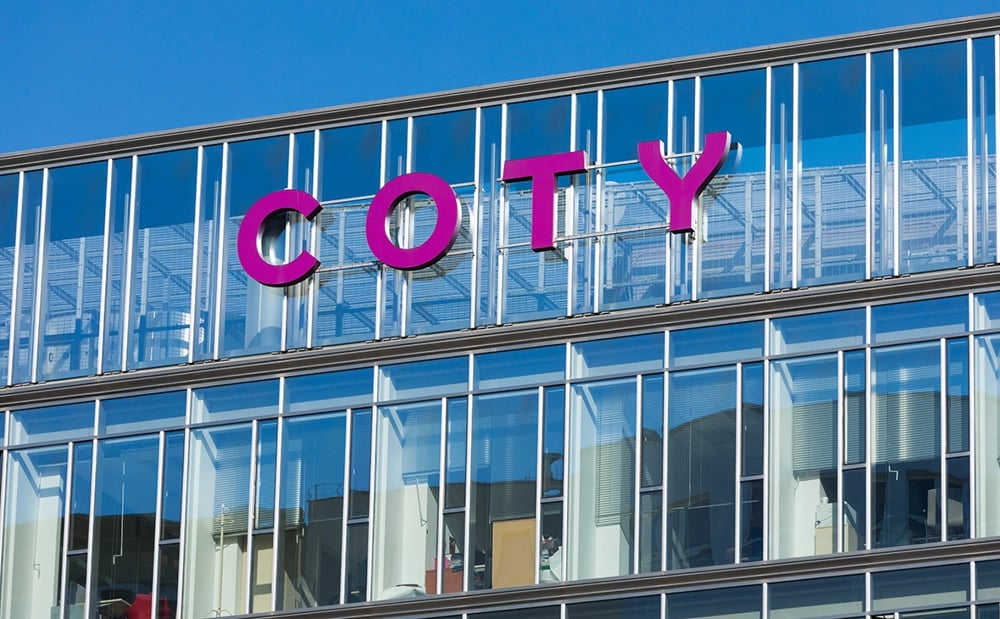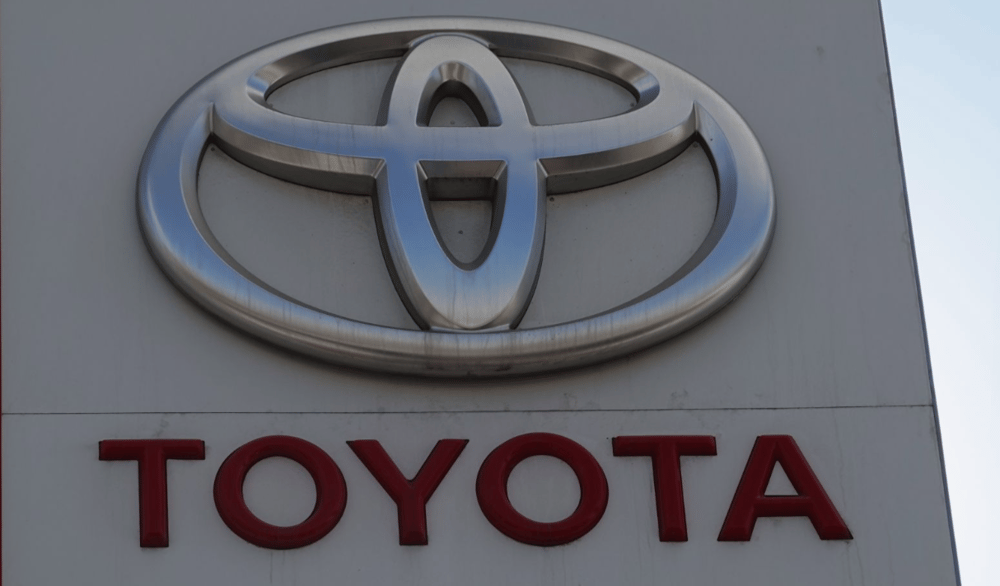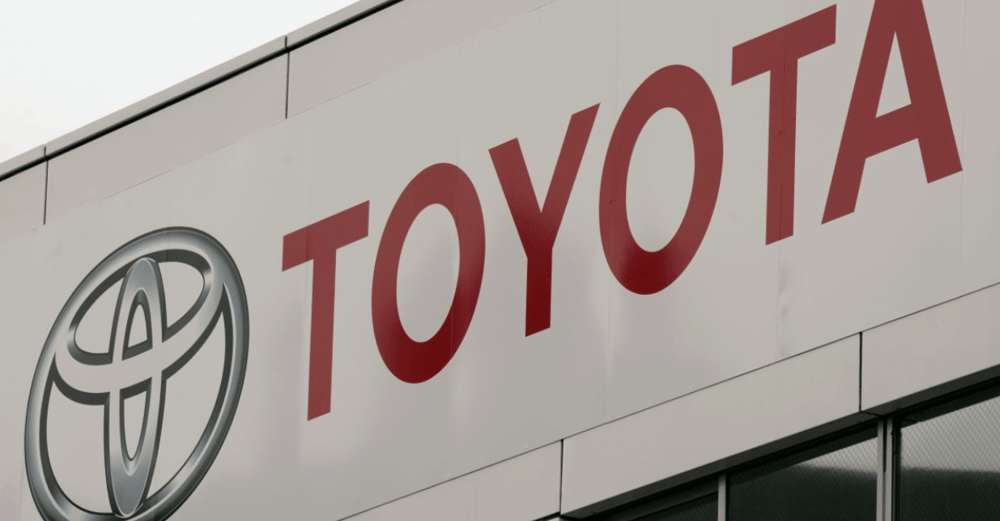Related Articles
Third-Generation Audi Q3 Debuts With Overhauled Interior and Distinctive Styling
Audi AG has unveiled the third generation of its Q3 compact crossover, introducing a bold redesign and a comprehensive interior reconfiguration. Since its launch in 2011, over two million Q3 units have been sold globally, positioning the model as a key contributor to the brand’s performance in the premium compact SUV segment. The new Q3 will enter the European market in September 2025, with a starting price of £38,300 (GBP), reflecting Audi’s continued push toward higher-margin, tech-enhanced vehicles in a competitive segment that includes the BMW X1 $BMW.DE and Mercedes-Benz GLA $MBG.DE.
Coty Shares Surge 11% on Speculation of Strategic Breakup
Shares of Coty Inc. $COTY jumped 11% following a report by WWD suggesting that the global beauty company is exploring a potential strategic sale, possibly involving the separation of its luxury and consumer beauty divisions. The discussions are reportedly in the early stages, with multiple industry sources confirming that Coty is weighing such a move. The sharp rise in the stock reflects investor optimism about the potential value unlocked through a restructuring or sale, particularly given Coty's diverse brand portfolio and expansive global distribution network.
Metaplanet Expands Bitcoin Holdings with $210M Bond Issuance
Metaplanet Inc. $3350.T has issued bonds worth ¥33 billion ($210 million) to strengthen its Bitcoin $BTCUSD acquisition program. The Tokyo-based firm is doubling down on digital assets amid structural shifts in corporate treasury models. This move continues the accumulation strategy launched in April 2024, signaling an institutional shift toward crypto-native asset allocation. The market responded swiftly: shares of Metaplanet rose 17% after the announcement. Since January, its stock has surged over 408%, driven largely by investor anticipation of further BTC-related developments.







Strategic investments like these are paving the way for significant advancements in automation capabilities